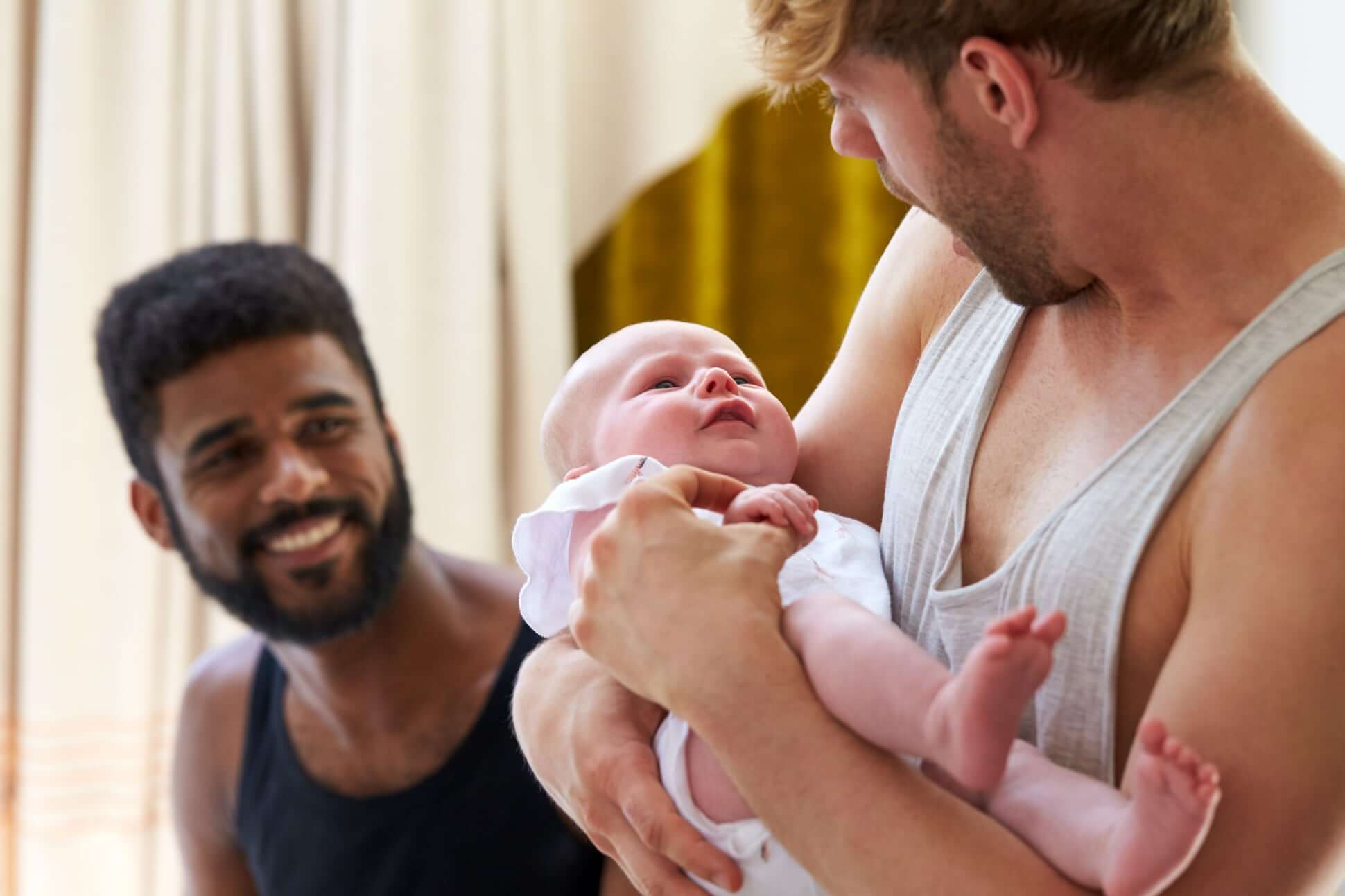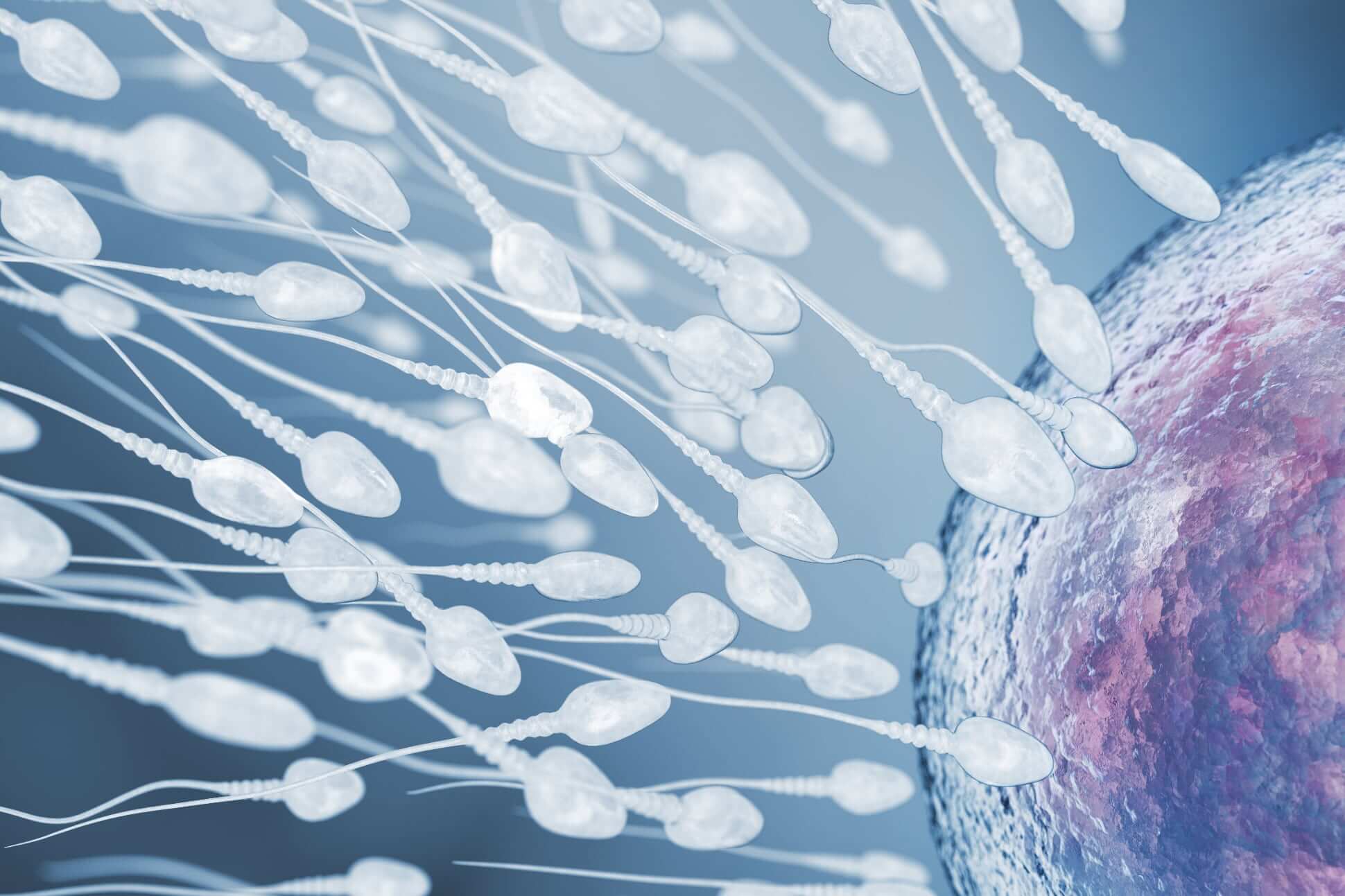Donor Programme
Quick Overview
Egg Donation
The first child born from egg donation was reported in Australia in 1983. With egg donation, the recipient individual or couple uses donated eggs from another woman who has been assessed as suitable both medically and psychologically. Egg donation can either be sourced from a woman who is known to you (e.g. from a female family member or friend) or from a woman who is unknown to you at the time of treatment. Unknown donors are recruited and screened by your fertility clinic and typically remain de-identified until your donor-conceived child is eligible to access the donor’s identifying details. In most jurisdictions, this is when the donor-conceived person reaches 18 years of age.
Egg donation requires the use of in-vitro fertilisation (IVF) treatment. This involves the eggs being surgically retrieved and removed from the donor, fertilised in the laboratory with sperm and then transferred into the recipient woman’s uterus. The recipient then undertakes a pregnancy test approximately two weeks later.

Reasons for egg donation
There are many reasons why you might need donated eggs from a donor programme:
- Women born without ovaries
- Poorly functioning ovaries
- In a situation where the ovaries have been surgically removed
- Low ovarian reserve
- Premature menopause
- Previous cancer treatment
- Medical disorders
- Women with a low response to medications for ovarian stimulation
- Poor egg quality
- Women who want to avoid passing on a genetic disorder to their children
- Same-sex male couples or single males who want to have a family
Who can be an egg donor?
- Family members, friends or acquaintances: women who are known to the recipient (the mother) or;
- De-identified clinic recruited screened donors: women who are unknown to the recipient at the time of treatment but who are willing to release identifying information to a donor-conceived person in the future. These donors are also termed ‘open identity’ donors.
Typically, de-identified donors are recruited through clinic advertisements or in some Australian and New Zealand jurisdictions donated eggs are imported through international egg donation programs that meet Australian and New Zealand standards of donor programmes. These include standards of donor family limits and donors who agree to identity information release when a donor-conceived person reaches 18 years of age (or 16 years in WA).
Screening egg donors
Not everyone can become an egg donor. In order to protect everyone involved (the recipient(s), any resulting children and the donor involved in a donor programme), donors have to comply with the standards below. To be accepted as a donor:
- Donors must have reached the legal age of adulthood, preferably aged between 21 and 35 years old, and preferably have completed their own family. You can be older than 35 if you are donating to a friend or a family member but your recipient needs to fully understand the impact of the donor’s age on pregnancy rates. This will be explained by your fertility specialist.
- Donors should be able to provide their full medical history and know their own biological origins. Included in this questionnaire will be a detailed family history (including disease), sexual/reproductive history, substance use/abuse history, and psychological history.
- Donors will have to be screened (with their partner if they have one) for a range of infectious diseases including syphilis, hepatitis B and C, HIV, HTLV 1 and 2. They will also be screened for cystic fibrosis, karyotype, their blood group and any genetic conditions prevalent in their racial group. Six months after the first blood tests, donors will have to repeat the blood tests for infectious diseases.
- Donors will have to attend a consultation with a fertility specialist where their personal, medical and reproductive history will be reviewed. They also need to attend an education session with an IVF nurse. Donors and their partners will also have to attend counselling sessions outlined by their fertility clinic, with an ANZICA counsellor (Australian and New Zealand Infertility Counsellors Association).
- Donors need to be able to be formally identified (e.g. Medicare in Australia or a driver’s license, photo driver’s license or passport in New Zealand).
- Donors need to provide informed consent for:
- Egg donation treatment and to their fertility clinic for storing identifying and non-identifying details about them in their donor register.
- Their fertility clinic to contact other fertility centres to verify their donation history if they have one.
- Their identifying information to be released to the donor-conceived person when they reach the age of 18 years (or 16 years in WA) should they request to know this information.
Please Note:
Regulations are subject to regional variations. Your fertility specialist will inform you about the regulations that apply in your State/Territory or about variations between Australian and New Zealand regulations. The information below serves as a summary of regulations that may apply in your area. These need to be verified by your fertility specialist in the context of your place of residence and/or the location of your treatment centre.
Sperm donation
The first case of sperm donation via artificial insemination dates back to 1884. A professor in Philadelphia, USA, took sperm from his “best looking” student to inseminate a female patient. Twenty-five years after the insemination, the case was reported in a medical journal**.
In sperm donation, the female patient will use her own eggs and use donated sperm from a third-party (eligible family member/friend or de-identified screened donor).
When you use a sperm donor, the sperm can either be injected into the woman’s uterus using IUI (intrauterine insemination) or used in an IVF procedure (in vitro fertilisation).
** https://web.archive.org/web/20120724221400/http://familyscholars.org/2011/02/17/4579/

Reasons for sperm donation
There are many reasons why someone may need donated sperm:
- Medical conditions and male factor infertility
- When the male partner has low or very low sperm count and IVF, ICSI or when various sperm retrieval procedures have been unsuccessful in the past.
- When the male partner has no viable sperm at all.
- When the male partner has undergone cancer treatment which may have damaged his sperm.
- Genetic diseases and conditions
- When the male partner is a carrier of a potentially dangerous condition or at risk of developing a genetic disease and doesn’t want to pass on this condition to his child.
- Lesbian couples
- Single women
Who can be a sperm donor?
- Family members, friends or men known from broader social networks: men who are known to the recipient.
- De-identified screened clinic recruited donors: men who are unknown to the recipient. In compliance with Australian and New Zealand laws and ethical guidelines, at the time of their donation, de-identified donors must consent for release of their identifying information to donor-conceived people when that individual reaches 18 years of age (or 16 years in WA).
Sperm donor screening
Not everyone can become a sperm donor. In order to protect everyone involved (the recipient(s), any resulting children and the donor), sperm donors have to comply with regulations such as the ones on the non-exhaustive list below.
To be accepted as a donor:
- Donors must have reached the legal age of adulthood, preferably aged between 21 and 50 years old.
- Donors should produce semen with characteristics that fall within normal ranges and they should be willing to produce a number of semen samples if needed.
- Donors should be able to give a full medical history and know their own biological origins and complete a questionnaire on lifestyle, family and medical history.
- As part of a sperm donor programme, donors will have to be screened for a range of infectious diseases including syphilis, gonorrhoea, hepatitis B and C, HIV, HTLV 1 and 2. They also will be screened for cystic fibrosis, karyotype, blood group and any genetic conditions prevalent in their racial group. Six months after the first blood tests, donors will have to repeat the blood tests for infectious diseases.
- Donors will have to attend a consultation with a fertility specialist where their personal, medical and reproductive history will be reviewed. They also need to attend an education session with an IVF nurse. Donors (and their partners) will also have to attend counselling sessions with an ANZICA (Australian and New Zealand Infertility Counsellors Association) counsellor. Donors who know their recipient(s) will also need to attend prescribed joint counselling session(s).
- Donors need to be able to be formally identified (e.g. Medicare in Australia or a driver’s license, photo driver’s license or passport in New Zealand)
- Donors need to give informed consent for:
- Sperm donation treatment and to their fertility clinic for storing identifying and non-identifying details about them in their donor register. If you have a partner, he/she will need to consent to your sperm donation too.
- Their fertility clinic to contact other fertility centres to verify their donation history if they have one.
- Their identifying information being released the donor-conceived person when they reach 18 years of age (or 16 years in WA), should they request to know.
- Current legislation and national ethical guidelines in Australia and New Zealand allows only for altruistic gamete donation. This means that a sperm donor must not be paid but can be reimbursed for reasonable out of pocket costs.
Please Note:
Regulations are subject to regional variations. Your local fertility specialist will inform you about the regulations that apply in your State/Territory or about variations between Australian and New Zealand regulations.
Embryo donation

Reasons for embryo donation
Who can be an embryo donor?
- Preferably donors have completed their own family.
- The female donor was less than 35 years old at the time the embryos were created or stored. If older, the fertility specialist will explain to the recipient the impact that age has on the success rates.
- Both the male and female donor need to provide a full medical history, including their own biological origins.
- Donors will have to attend a consultation with a fertility specialist where their personal, medical and reproductive history will be reviewed.
- Donors will be asked to consider their feelings should the recipients decide to donate the embryos to someone else or to discard them in the future if they are no longer needed.
- Donors will have to be screened for a range of infectious diseases including syphilis, hepatitis B and C, HIV, HTLV 1 and 2. They also will be screened for cystic fibrosis, karyotype, blood group and any genetic conditions prevalent in your racial group. Six months after the first blood tests, donors will have to repeat the blood tests for infectious disease.
- Donors need to give consent to:
- Embryo donation treatment and to their fertility clinic for storing identifying and non-identifying details about them in their donor register.
- Their identifying information being released to the donor-conceived person when they reach the age of 18 years (or 16 years in WA), should they request to know.
- Donors and their partner (if any) will have to attend counselling with an ANZICA counsellor to discuss the implications of their decision to donate.
Please Note:
Regulations are subject to regional variations. Your local fertility specialist will inform you about the regulations that apply in your State/Territory or about variations between Australian and New Zealand regulations.
Regulatory Frameworks across Australia and New Zealand
Third-party reproduction inclusive of egg, sperm and embryo donation programmes are legal in all Australian States and Territories and in New Zealand. Whilst no overarching federal laws exist harmonizing the practice of third party reproduction across Australia and New Zealand, ART clinical practice and ethical standards in different jurisdictions are informed by:
- state legislation
- the NHMRC (2017) Ethical Guidelines and
- the Code of Practice of the Reproductive Technology Accreditation Committee (RTAC) of the Fertility Society of Australia (FSA)

